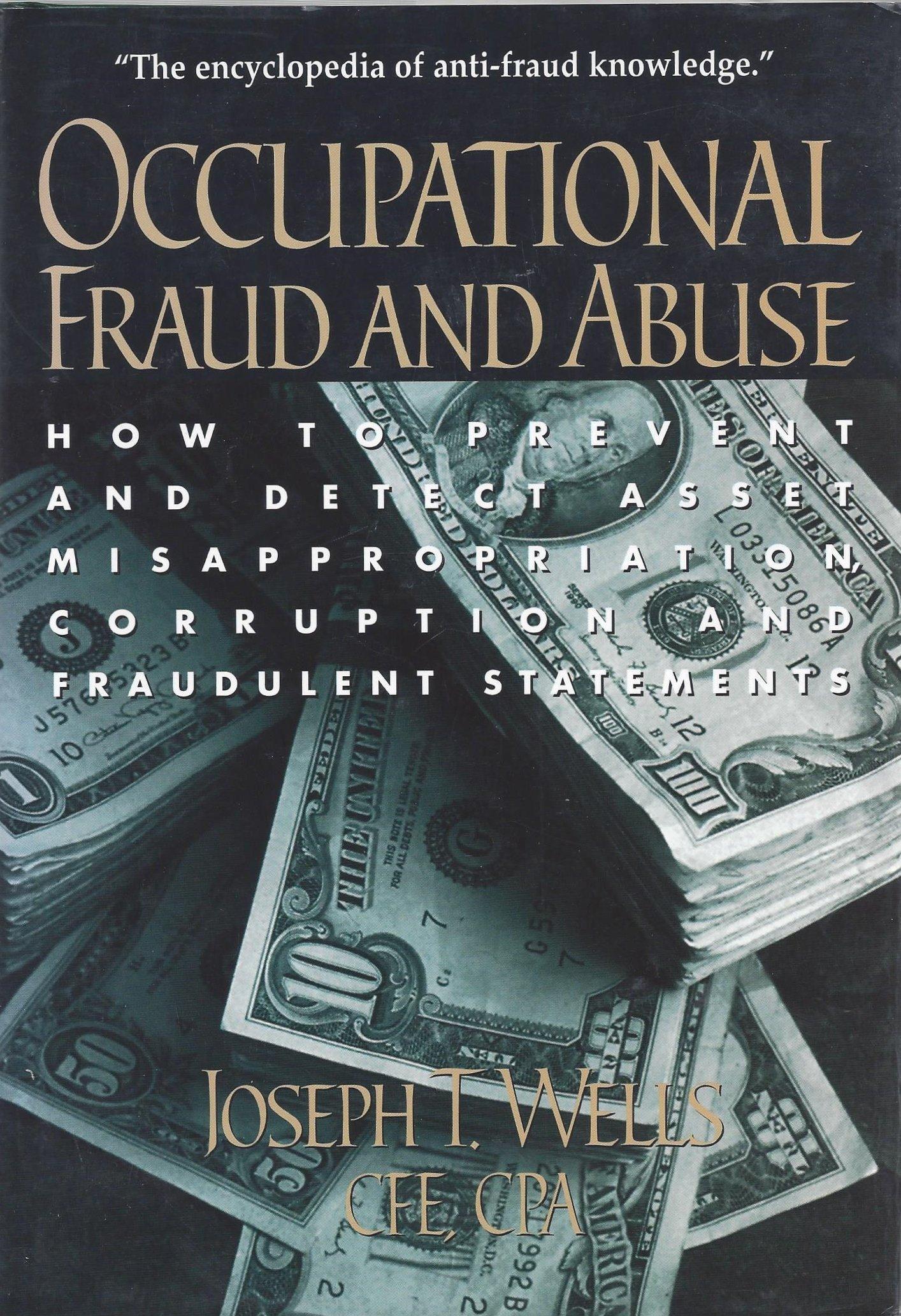Question
The Eagles Corporation uses a normal job-order costing system in its only production department. Overhead is applied to jobs by a plant-wide overhead rate based
The Eagles Corporation uses a normal job-order costing system in its only production department. Overhead is applied to jobs by a plant-wide overhead rate based on direct labor hours. The first year of operation began on December 1, 2017. During the month of December, Eagles Corporation purchased direct material with a total cost of $5,000. Of the $5,000, Eagles Corporation used $750 on Job 100. Job 100 was the only job worked during the month of December. Eagles Corporation also charged $2,250 in conversion costs (direct labor and applied overhead) to Job 100 in December. JOB 100 WAS NOT FINISHED IN DECEMBER 2017. There was no overapplied or underapplied overhead for December.
For the new year (1/1/2018-12/31/2018), Eagles Corporation had the following transactions. Remember to take into consideration the above information when setting up your problem.
1. Estimates for 2018 include $420,000 in overhead and 20,000 direct labor hours.
2. Direct materials purchased during 2018 cost a total of $80,000.
3. Direct materials were used on jobs during 2018 as follows:
JOB 100 $10,000
JOB 101 $14,000
JOB 102 $15,000
JOB 103 $16,000
JOB 104 $ 12,000
4. During 2018 there were 2,500 direct labor hours used on Job 100; 6,000 direct labor hours used on Job 101; 8,000 direct labor hours on Job 102; 1,000 direct labor hours on Job 103 and 500 direct labor hours on Job 104. The direct labor hours used during 2018 had a rate of $25.00 per hour. (CAREFUL WITH CALCULATIONS!)
5. Other costs incurred during 2018 include the following:
Advertising Expense $ 75,500
Administrative Expense $ 113,500
Indirect Labor $ 90,000
Insurance Factory $ 18,000
Maintenance-Factory $ 85,000
Miscellaneous Overhead Expense $ 50,000
Sales Salaries Expense $ 78,000
Utilities-Factory $ 75,000
Depreciation Factory $ 50,000
6. By December 31, 2018, Jobs 100 and 101 were completed. Job 100 consisted of 5,000 and Job 101 consisted of 8,000 units.
7. All of Job 100 was sold during 2018 for $50 per unit. In addition, Eagles Corporation sold 6,000 of the 8,000 units of Job 101 for $60 per unit.
YOUR TASKS:
1. Compute the ending balance in Materials Inventory and Work in Process Inventory as of December 31, 2017. (Please note the Year!)
2. Without preparing a schedule or preparing any computations, what is the Cost of Goods Manufactured for December 31, 2017? (You should be able to do this in your head!)
3. Compute the Predetermined Overhead Rate for 2018.
4. Prepare, in good form, a fully complete Schedule of Cost of Goods Manufactured for 2018.
5. Add together the total cost charged to Jobs 100 and 101. Does this answer equal the amount of Cost of Goods Manufactured that you got in #4? Should it?
6. Compute the underapplied or overapplied overhead for 2018.
7. Prepare, in good form, an income statement for 2018.
8. Now assume that you are to allocate (prorate) the underapplied or overapplied overhead to the appropriate accounts. You should be able to figure out how much applied overhead is in Work in Process (what jobs are not complete?). You can assume that there is $31,500 of applied overhead in Finished Goods. Based on the total applied overhead for the year, you should be able to figure out how much applied overhead should be in Cost of Goods Sold. Do the proration and SHOW YOUR CALCULATIONS!
9. If you were to prepare a new income statement after prorating underapplied or overapplied overhead, would income be higher or lower than what you got in #7? By how much?
PLEASE HELP ME ON THE QUESTIONS, THANKS A LOT !!!
Step by Step Solution
There are 3 Steps involved in it
Step: 1

Get Instant Access to Expert-Tailored Solutions
See step-by-step solutions with expert insights and AI powered tools for academic success
Step: 2

Step: 3

Ace Your Homework with AI
Get the answers you need in no time with our AI-driven, step-by-step assistance
Get Started


